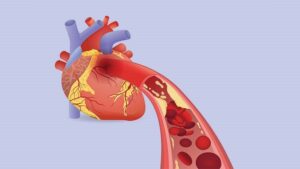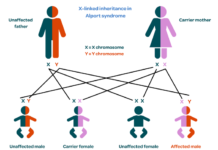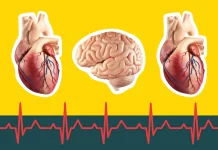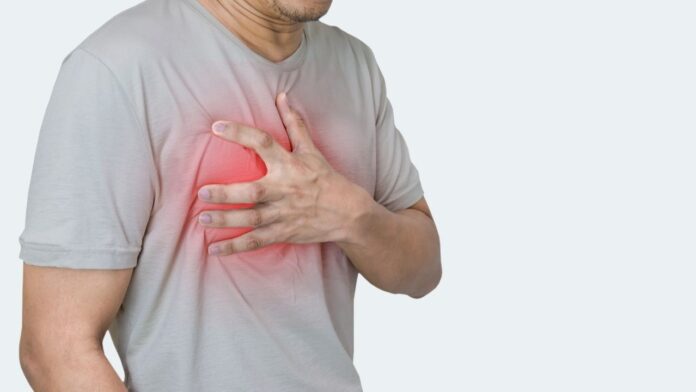A heart attack, often referred to as a myocardial infarction, happens when the blood supply to the heart muscle is suddenly cut off. A blood clot that forms in a coronary artery, which carries oxygen-rich blood to the heart, frequently contributes to this occlusion.
Coronary artery disease (CAD), which occurs when plaque (a buildup of cholesterol and other substances) narrows and hardens the arteries, is the most frequent reason for a heart attack. High blood pressure, smoking, diabetes, obesity, a sedentary lifestyle, a family history of heart disease, stress, and other risk factors can also cause a heart attack.
The signs and symptoms of a heart attack might differ, but frequent ones include:
agony or discomfort in the centre or left side of the chest that can feel like pressure, squeezing, fullness, or agony. The discomfort could continue for a short while or come and go.
Upper body discomfort: One or both arms, the back, neck, jaw, or stomach may all experience pain or discomfort.
Sweating: Excessive perspiration that is occasionally accompanied by clammy, chilly skin.
Some people may have nausea, vomiting, or symptoms like indigestion during a heart attack.
Dizziness or lightheadedness: These sensations are frequently accompanied by weakness.
It’s crucial to remember that not everyone has all of these symptoms during a heart attack, and that symptoms might differ from person to person.
It’s imperative to get immediate medical assistance if you believe you or someone else is having a heart attack. You can do this by dialling emergency services or by heading to the closest emergency room. Rapid medical intervention can lessen heart muscle damage and increase survival rates.
Risk Factors for Heart Attack:
Age: As people get older, their chance of having a heart attack rises, especially for men over 45 and women over 55.
Male vs. female premenopausal heart attack risk is typically higher in men. However, following menopause, the risk for women rises.
Family history: Your risk may be higher if you have a close relative who has suffered a heart attack.
Consistently high blood pressure: This condition puts more strain on the heart and raises the chance of a heart attack.
High cholesterol: High levels of triglycerides and cholesterol in the blood can contribute to the formation of artery plaque.
Smoking: Smoking is a major risk factor for heart attacks because it damages blood arteries and raises the chance of blood clots.
Obesity: Being overweight or obese raises the risk of heart disease and heart attacks and places additional strain on the heart.
Diabetes: Heart disease, including heart attacks, is more likely to affect those with diabetes.
Sedentary lifestyle: Lack of regular exercise can increase your risk of developing a number of heart attack risk factors.
Chronic stress, along with specific personality traits like aggressiveness and rage, may raise the risk of heart attacks.
Prevention and Management:
Changes in lifestyle: Living a healthy lifestyle can greatly lower the risk of heart attacks. This involves maintaining a healthy weight, getting regular exercise, stopping smoking, and managing stress.
Medication: Your doctor may recommend medications to treat diseases like high blood pressure, high cholesterol, or diabetes depending on your particular risk factors.
Medical procedures: In some cases, medical procedures may be necessary to improve blood flow to the heart. These can include angioplasty, stent placement, or bypass surgery.
Cardiac rehabilitation: After a heart attack, cardiac rehabilitation programs can help improve your recovery and reduce the risk of future heart problems. These programs usually involve exercise, education, and counseling.
Always seek the advice of a healthcare expert if you are worried about heart attacks or your cardiovascular health so that they can offer you individualised advice and direction based on your unique circumstances.





































